ants... friends or foe???
sarahlynnwhite
16 years ago
Related Stories

GREEN DECORATINGBamboo Products — Earth Friend or Foe?
The ecofriendliness of this grass for flooring, wall coverings and furniture isn't cut and dried. Get the facts here
Full Story
COLORTricky Yellow — Friend or Foe?
It might rev you up or wear you down. Learn what the experts have to say about using this complex color at home
Full Story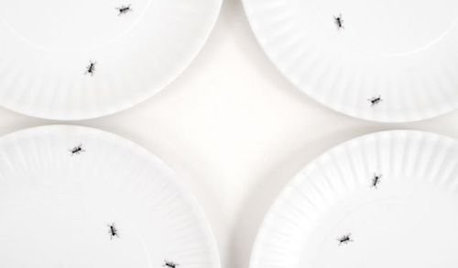
PRODUCT PICKSGuest Picks: Let the Ants Come Marching In
Catch the decorating bug — or maybe even a whole colony of ’em — with accessories sporting cute versions of crawly critters
Full Story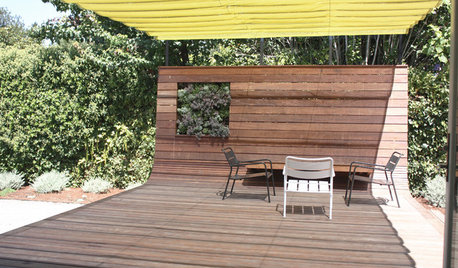
DECKSA Family-Friendly California Yard Wises Up About Water
Pavers and unthirsty plants replace Kentucky bluegrass in a Menlo Park landscape for a family of 4
Full Story
HOUZZ TOURSMy Houzz: From Dated to Dreamy in 3 Weeks
The results belie the speedy makeover of this 1940s Quebec home — which not even a colony of ants could derail
Full Story
GARDENING AND LANDSCAPINGBid Bad Garden Bugs Goodbye and Usher In the Good
Give ants their marching orders and send mosquitoes moseying, while creating a garden that draws pollinators and helpful eaters
Full Story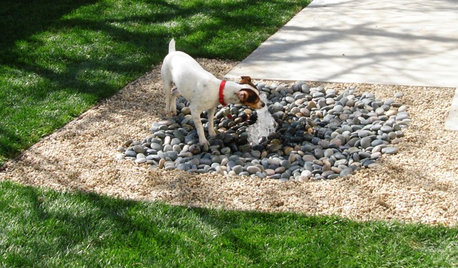
MOST POPULAR8 Backyard Ideas to Delight Your Dog
Cue the joyous soundtrack. These pet-friendly landscape and garden ideas will keep your pooch safe, happy and well exercised outdoors
Full Story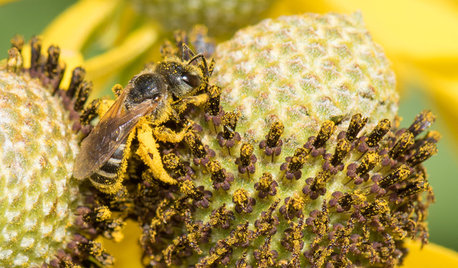
GARDENING GUIDESWelcome Sweat Bees to Your Garden Throughout the Growing Season
Look before you swat! These friendly sweat bees will feed on your sweat on a hot summer day, but their main buffet is flowers
Full Story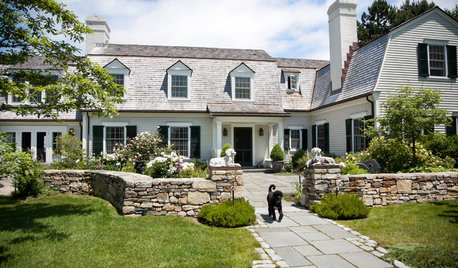
OUTDOOR ACCESSORIESGuardians of the Gate
Dog statues have long been used to adorn a home’s exterior, and man’s best friend usually has a message, too
Full Story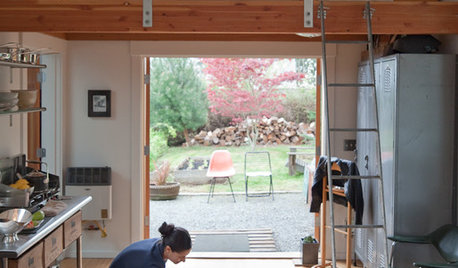
HOUZZ TOURSHouzz Tour: Industrial Minihouse in Seattle
An artist transforms a garage into an efficient, open home in 250 square feet in Washington state
Full Story





greenthumbintraining
yardenman
Related Professionals
San Juan Landscape Architects & Landscape Designers · Bethlehem Landscape Contractors · Fort Atkinson Landscape Contractors · Fort Mill Landscape Contractors · Long Beach Landscape Contractors · Midland Landscape Contractors · Muttontown Landscape Contractors · New Baltimore Landscape Contractors · North Canton Landscape Contractors · Saint Paul Landscape Contractors · Salem Landscape Contractors · Streamwood Landscape Contractors · Irvington Landscape Contractors · Baileys Crossroads Landscape Contractors · Cincinnati Driveway Installation & Maintenancephantom_white
zeedman Zone 5 Wisconsin
sarahlynnwhiteOriginal Author
bejay9_10
zeedman Zone 5 Wisconsin